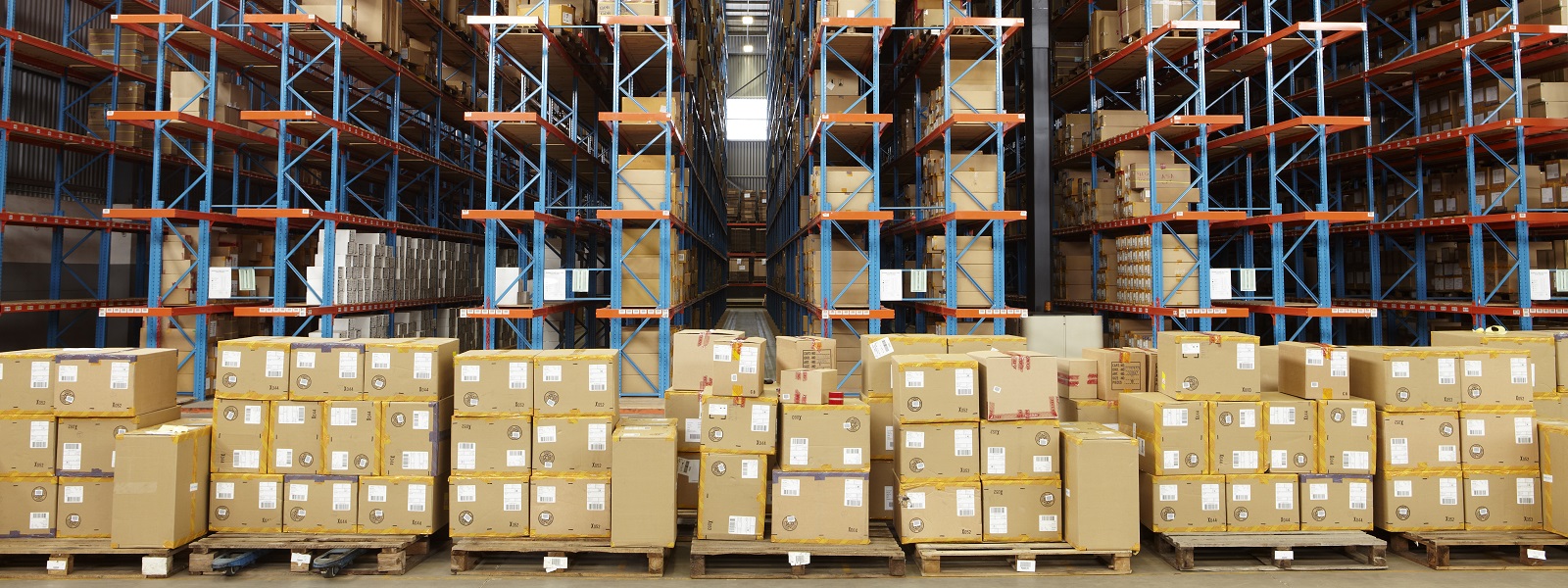Despite being hit hard by the COVID-19 pandemic, M&A targeting the energy sector has remained resilient in 2020. The sector saw M&A value rise 6% year on year to a total of US$93.4 billion in the first three quarters of 2020. While volume dropped 16% to 442 transactions, the sector delivered a far more robust performance than overall global M&A, which dropped 27% by volume and 28% by value over the same period.
While traditional energy firms have seen profits slump in 2020, dealmakers have shifted their focus to renewable assets. The ongoing transition to a low carbon energy framework has proven a catalyst for dealmaking—a trend that has gathered pace throughout 2020—with the renewables sector attracting some landmark deals over the course of the year.
UAE pursues a cleaner economy
Indeed, the move toward a low carbon economy was the motivation behind the largest deal of the year: the US$20.3 billion merger between TAQA and ADPower, which was announced in April and completed in July. The transaction will support UAE’s Energy Strategy 2050 and Water Security Strategy 2036 to promote more efficient use of resources and cleaner energy.
European firms invest in a sustainable future
In a vote of confidence in Europe’s renewables sector, Energias de Portugal (EDP) acquired Spanish electricity company Viesgo for US$3.1 billion in July. Through the deal, EDP will acquire 100% of Viesgo’s renewables business, consisting of 24 wind farms and two mini-hydropower plants, located across Spain and Portugal.
The deal marks an effort by EDP to align with the European Green Deal—the European Commission’s plan to make Europe carbon neutral by 2050. As part of the deal, the EC has set a target for renewables to generate 32% of the bloc’s total energy production by 2030.
These deals helped ensure that Western Europe was one of the few regions which recorded a year-on-year rise in M&A in the sector: Total value over the first three quarters increased by 35% to US$35.1 billion, even as volume fell 21% to 159 transactions.
Renewables set to increase US market share
Total deal value in the US also grew, although much more modestly over this period, rising 1% to a total of US$15.7 billion. Volume, on the other hand, fell less steeply than in Western Europe, decreasing by 8% to 81 deals.
The largest transaction in the region—and the fifth-largest deal of the first three quarters—is another example of the trend toward renewables. The US$2.8 billion deal sees solar energy company Sunrun take over peer Vivint Solar. Sunrun is the US’s largest residential solar company, and the transaction will see it increase its market share from approximately 9% to 15%.
Electricity generation from renewable energy sources in the US has steadily increased over recent years—from 17% in 2019 to 20% in 2020, and is set to reach 22% in 2021. The US Energy Information Administration (EIA) expects it to be the fastest-growing source of electricity generation in 2021.
Activity targeting the US renewables sector has already started off strongly in Q4, as seen in Iberdrola’s US$7.5 billion acquisition of US-based PNM Resources, through its subsidiary Avangrid. This was the largest of several transactions Iberdrola has made so far in 2020, after a pledge to spend €10 billion a year on renewables and energy networks.
Towards a more sustainable future?
M&A activity within the energy sector has been driven by long-term decarbonization goals in 2020, rather than short-term reactionary plans. Encouraged by government targets, companies have been seemingly undeterred by the COVID-19 pandemic, pushing ahead with some transformational deals over the course of the year.
The growing confidence in renewable assets is reflected in stock market valuations: While renewable valuations have experienced a marked recovery since the outbreak of the COVID-19, oil and gas valuations have continued their decline.
The global COVID-19 pandemic has served to sharpen investor focus on the renewables sector. As countries look to emerge from the pandemic in 2021, investment in a greener global energy framework could be an opportunity to stimulate economies around the world. Indeed, many governments have pledged investment in the renewables industry as part of their plans to rebuild their respective economies. The EU, for example, has set aside 30% of its €750 billion COVID-19 recovery package for investment in a green economy.
Expanding renewable energy capabilities is clearly central in rebuilding a more sustainable energy framework post COVID-19. As a result, more dealmaking within the sector is likely in Q4 and beyond.





